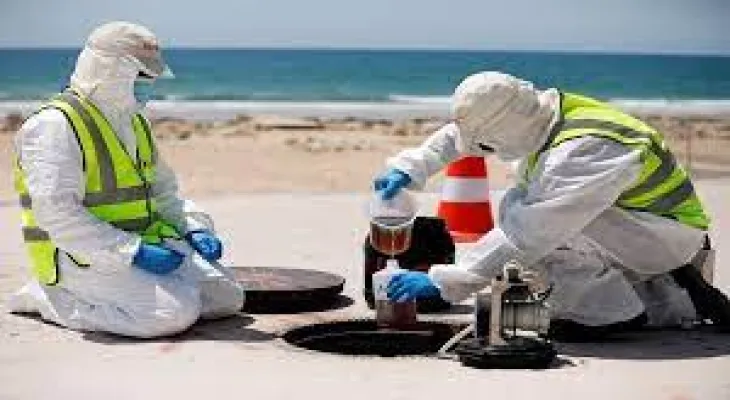Search here
Newspaper
Search here

Arab Canada News
News

Published: August 13, 2022
The Public Health Agency of Canada confirmed on Friday that Canada plans to start testing wastewater in a number of cities to detect poliovirus after new reports of detected cases.
Although Canada has been polio-free since 1994 - thanks to the polio vaccine - the primary healthcare center warns that it may return, as it is still spreading in other countries.
New York State confirmed one case of polio on July 21, and the Associated Press reported on Friday that the highly transmissible polio virus was detected in New York City's wastewater.
In a statement sent via email to CTVNews.ca on Friday, the Public Health Agency of Canada said it is aware of the confirmed case in New York and plans to launch a wastewater testing initiative in Canada "as soon as possible." So far, no recent polio cases have been detected in Canada.
The agency wrote that "PHAC is communicating with national and international partners who are experts in this field to finalize the wastewater testing strategy," adding that it will also begin testing wastewater samples collected earlier this year from major communities to determine whether polio was present in Canada before the reported international cases.
The agency wrote, "PHAC will also send samples to the U.S. Centers for Disease Control and Prevention for additional confirmation."
It did not mention when or where the tests will be conducted. Polio is often asymptomatic, but in some cases, the viral infection can lead to paralysis or death.
Because wastewater analysis can detect the presence of viruses in a community where asymptomatic cases might evade clinical detection, environmental scientist Mike McKay said it can be a valuable tool for public health agencies monitoring whether the virus will return to Canada.
McKay is the executive director of the Great Lakes Institute for Environmental Research at the University of Windsor.
He leads a team that has analyzed wastewater samples from Windsor, Leamington, Amherstburg, Lakeshore, London, Sault Ste. Marie, and North Bay.
McKay told CTVNews.ca in an interview on Friday: "Wastewater has been underutilized and overlooked for a long time, and it's exciting to recognize what can be a potential source to help us understand disease transmission through local communities."
After the successful use of wastewater testing to track COVID-19, McKay said some of his colleagues at other institutions across Ontario have already started using it to monitor diseases such as influenza and monkeypox.
Comments